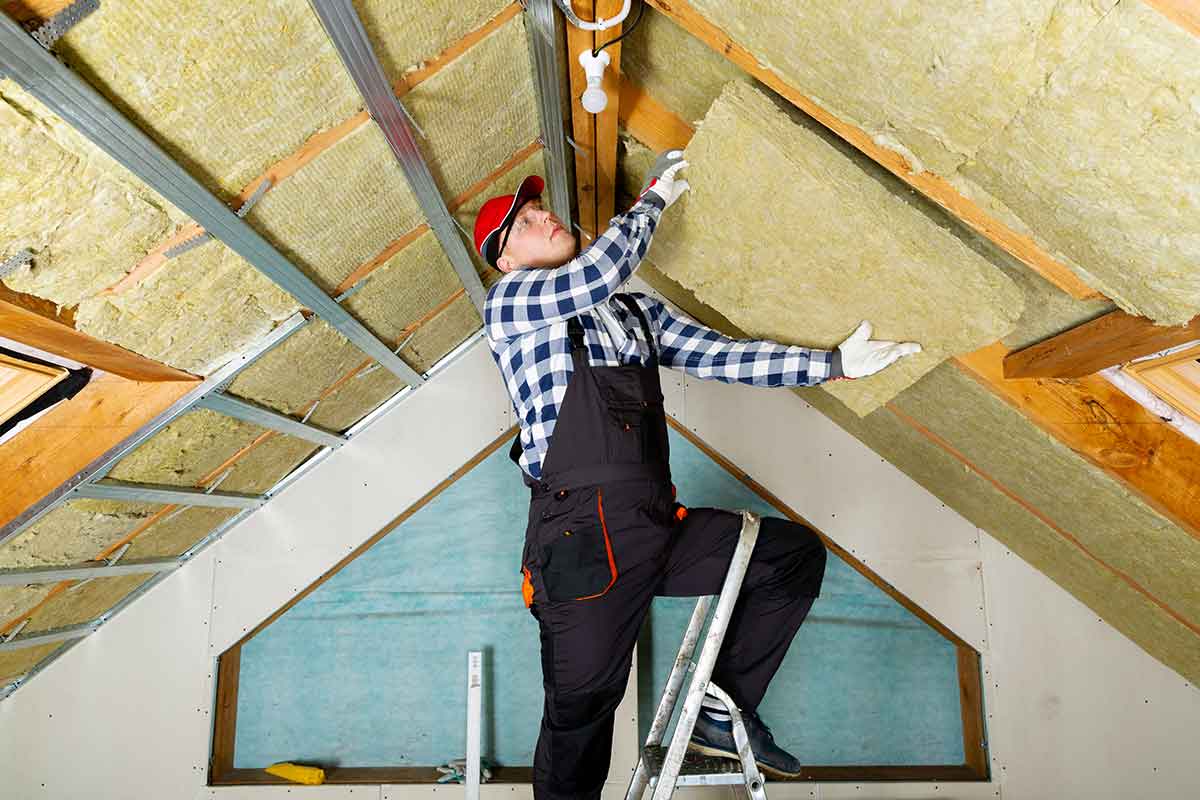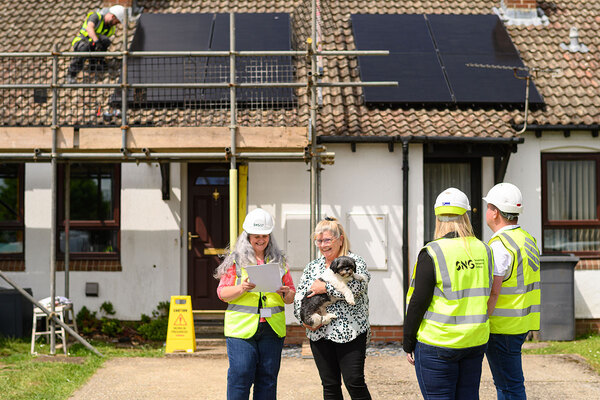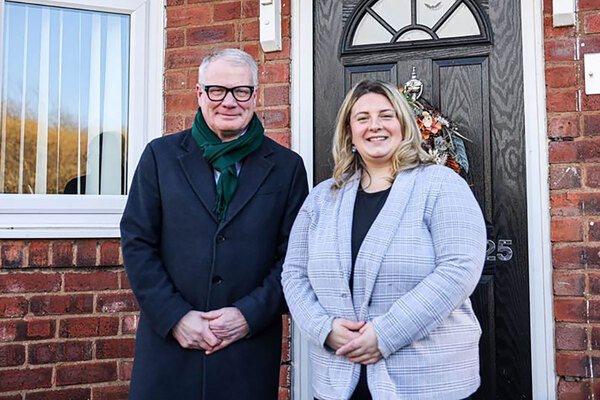
Kate Henderson is chief executive of the National Housing Federation and David Renard is chair of the LGA’s Environment, Economy, H...more
Overcoming the hurdles to energy efficiency in social housing
Every home in the UK will need work by 2050 to cut carbon emissions and save on energy bills. Kate Henderson and David Renard set out the findings of new research on what action is needed before social landlords make this investment in their stock
In England, our homes produce more carbon emissions each year than all our cars. Given the cost of living and energy crises, now more than ever we cannot afford leaky homes adding hundreds of pounds to residents’ energy bills.
Social landlords are eager to lead the way and decarbonise all their stock as quickly as possible to tackle both the climate emergency and fuel poverty – and they are already making great progress toward this end, including working in partnership with government through the Social Housing Decarbonisation Fund.
Housing association homes are already the most energy efficient of any tenure, and social landlords have increasingly widespread experience of retrofit and clean heat technology. It will be vital that this momentum continues, whatever the outcome of the Conservative leadership election, because there is a lot more work to do to ensure all social homes can be decarbonised.
The government’s Heat and Buildings Strategy spells out that carbon dioxide emissions from buildings have to reach zero by 2050. For this to happen, every single fossil fuel heating system must be replaced by clean heat technology – most likely heat pumps powered by decarbonised electricity or decarbonised heat networks.
However, in order for this transition to result in a significant reduction in home energy use and affordable energy bills for residents, we first have to improve the insulation of many of our homes.
Encouragingly, new research conducted by the National Housing Federation and the Local Government Association shows that almost all homes can be decarbonised. Only 2% would be technically hard to decarbonise at present, and we’re confident that new technology and changing regulations will help solve these challenges by 2050.
“Long-term public funding is vital to unlock retrofit at the scale and pace needed”
However, more worrying is the cost of decarbonisation, particularly given recent steep rises in the costs of retrofit and clean heat technology. Our research shows that, even with very conservative cost estimates, 5% of social homes will cost more than £20,000 each to decarbonise (£20,000 represented the Social Housing Decarbonisation Fund cost cap for Band D social homes under the first wave of funding).
One of the major contributors to costs is a lack of clarity in our planning policy, and delays and inconsistency in local planning approaches. We need to ensure that the government’s national planning framework, known as the National Planning Policy Framework (NPPF), proactively supports councils to deliver net zero targets.
Social landlords can face additional costs and refusals for planning consent for vital retrofit works, even when proposals do not radically alter the appearance of a home. Installing double/triple-glazing, heat pumps, solar panels and insulation can all be made more expensive or impossible because of the current planning framework.
It is estimated that 4.5% of homes would be restricted from efficient decarbonisation due to planning and conservation restrictions.
We want to work with government to address these barriers whilst retaining and improving desperately-needed social housing. Given the cost of living crisis, it’s also vital that this transition does not end up penalising residents already struggling with their bills.
Our research has highlighted a number of key areas for reform.
First, long-term public funding is vital to unlock retrofit at the scale and pace needed. This will allow for the planning, procurement and delivery of complex and large-scale retrofit projects. Housing associations and local authorities will more than match this funding with their own income. The government has pledged £3.8bn in funding for social housing decarbonisation by 2030, but only committed about £1bn so far. The sooner the rest is confirmed and can be bid for – up until 2030 – the quicker we will see change happen.
Second, local authorities could be better supported to ensure the planning system is better placed to support the retrofitting of social homes – with planning departments struggling to interpret out-of-date guidance that doesn’t reflect the country’s net zero ambitions. The government has committed to updating the National Planning Policy Framework this summer – it will be vital to see clear direction that planning policy must help, not hinder, our national drive to decarbonise homes.
“A highly skilled retrofit and maintenance workforce will be vital to bringing down costs and safeguarding quality”
Third, a highly skilled retrofit and maintenance workforce will be vital to bringing down costs and safeguarding quality. Housing associations and local authorities can play a vital role in nurturing this emerging sector, working alongside central government and industry. But a national skills strategy to co-ordinate the effort is desperately needed.
Finally, energy pricing acts as a barrier to decarbonisation, because electricity is significantly more expensive than gas. We welcome the government’s commitment to rebalance this and urge it to set out a direction of travel as soon as possible.
Ultimately, we’re committed to the need to decarbonise our homes and for social housing to be at the forefront of the country’s drive to net zero. The opportunities it presents, not only to help avoid catastrophic climate change but also to make our homes more comfortable and affordable, speak for themselves.
But we must be honest about the challenges our sector faces and work with government on long-term plans to deliver the change needed.
Kate Henderson, chief executive, National Housing Federation; and David Renard, chair of the LGA’s Environment, Economy, Housing and Transport Board.










